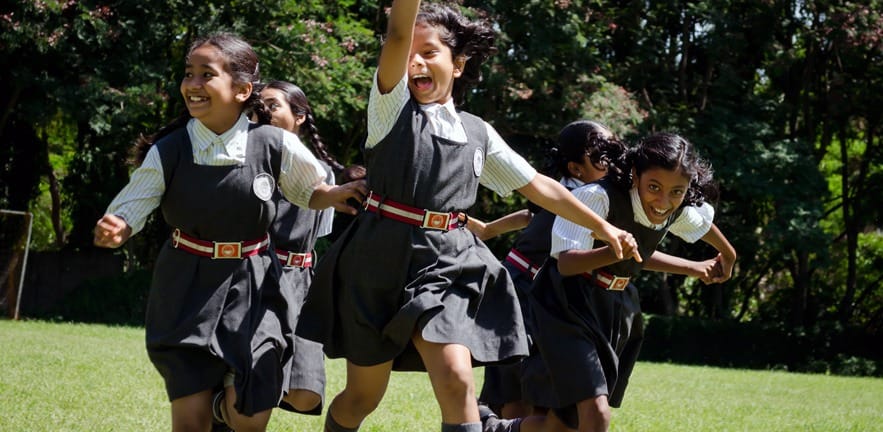Can you pitch your genius business idea in the time it takes to get from the ground floor to the C-suite? Saumil Majmudar, participant on the CJBS Ignite programme, and CEO & Founder of EduSports, gives it a shot.

The background
Childhood obesity is a growing problem around both the developing and the developed world: it’s estimated that more than 22 million under-fives around the world are obese, and lack of exercise plays a big part. When Saumil Majmudar’s friend observed that his six-year-old spent most of his time in front of a screen and had little opportunity to play sports at school, it inspired Majmudar to use his entrepreneurial skills to create EduSports, India’s first sports programme for schools.
The brains
I’m Saumil Majmudar, founder and CEO of EduSports. I’m a qualified engineer and entrepreneur and I also passionately believe in the power of sports to change lives for the better. I’m a former member of the Maharashtra Badminton team and the Indian Institute of Technology Bombay football team. I was also the founder and CEO of Qsupport, one of India’s first remote tech support businesses.
The programme
EduSports is a sports education programme that schools buy in. It has lesson plans, information, assessments – everything teachers need. First it teaches the skills necessary to play sports – balancing, jumping, catching, running – and then becomes sports-specific. The underlying principle is to ensure that children have the foundation skills for as many sports as possible, which will benefit them both physically and socially.
The business case
The secret to EduSports is that it’s a really simple model that uses facilities that are already there – schools. So we don’t have to hire halls or anything like that. The school pays us a fee and that’s how we make our money. Physical education is on the curriculum in India, but we found that time is often not used very effectively. Sports are not age-appropriate and they are often not inclusive – the children who are good at sports play a lot but the ones who are not good at sports don’t. Failing to use time effectively for physical education in schools is a problem worldwide, not just in India.
The timing
There was nothing like us around when we started, and there was a huge need for it. People had to start thinking about sports as a subject that needed to be taught, just like maths or English, in order to be effective. We have helped them make that change. We’re now in 430 schools in India and we’ve helped more than 350,000 children enjoy physical activity.
The strategy for growth
We are continuing to expand our programme with schools. Positive word of mouth plays a big part. So we want to make sure that we continue to do a good job with the schools we have. But this is a worldwide problem and the possibilities are huge.
The future
We’re looking to expand into after-school clubs, which will reach even more Indian children. But the school-based model will remain essential. We want to carry on making sports a part of education in a sustainable and scaleable way.
The Ignite programme
As I have only ever worked in India, the Ignite programme was a real eye-opener. It was a fantastic opportunity to meet and work with people from so many different nations and backgrounds, and to hear their different viewpoints.

